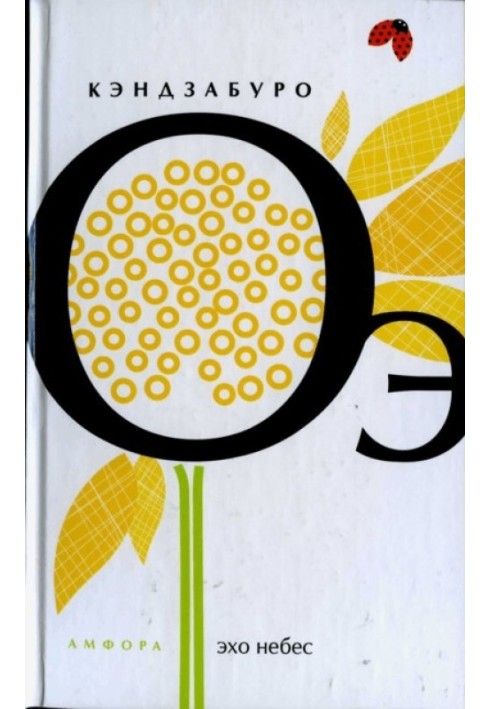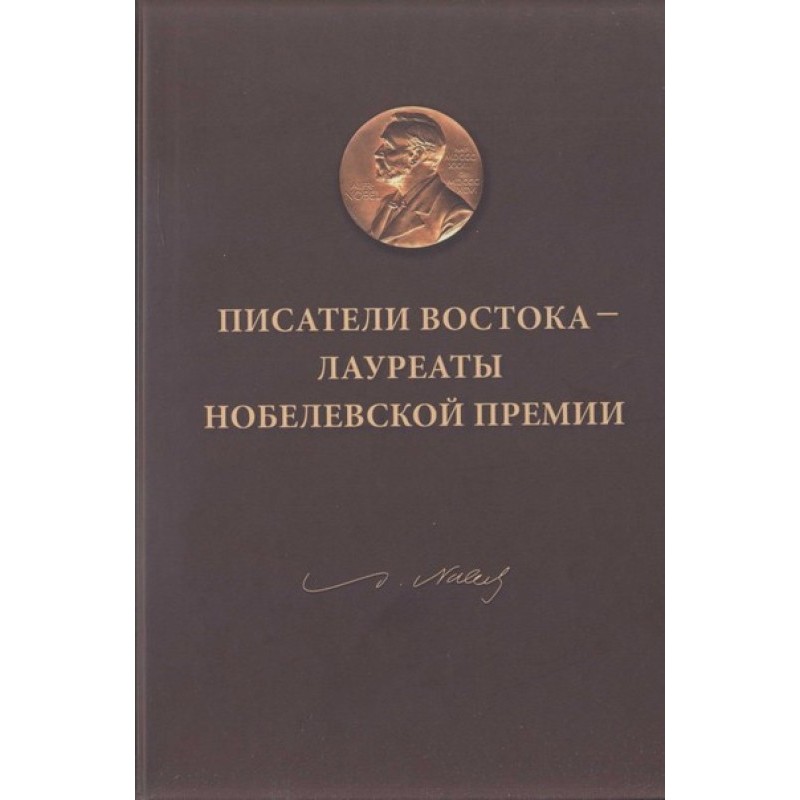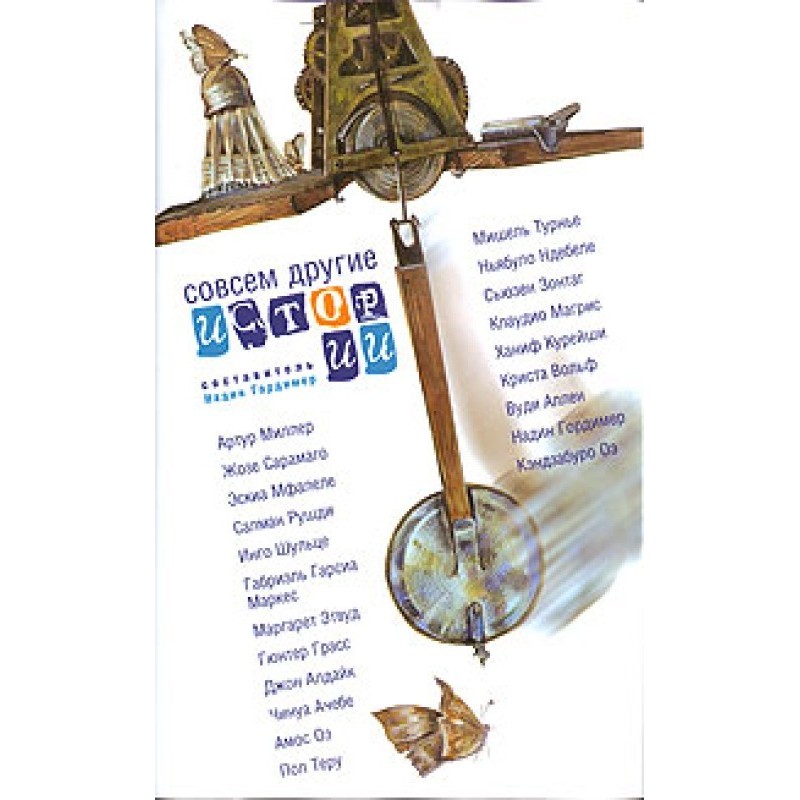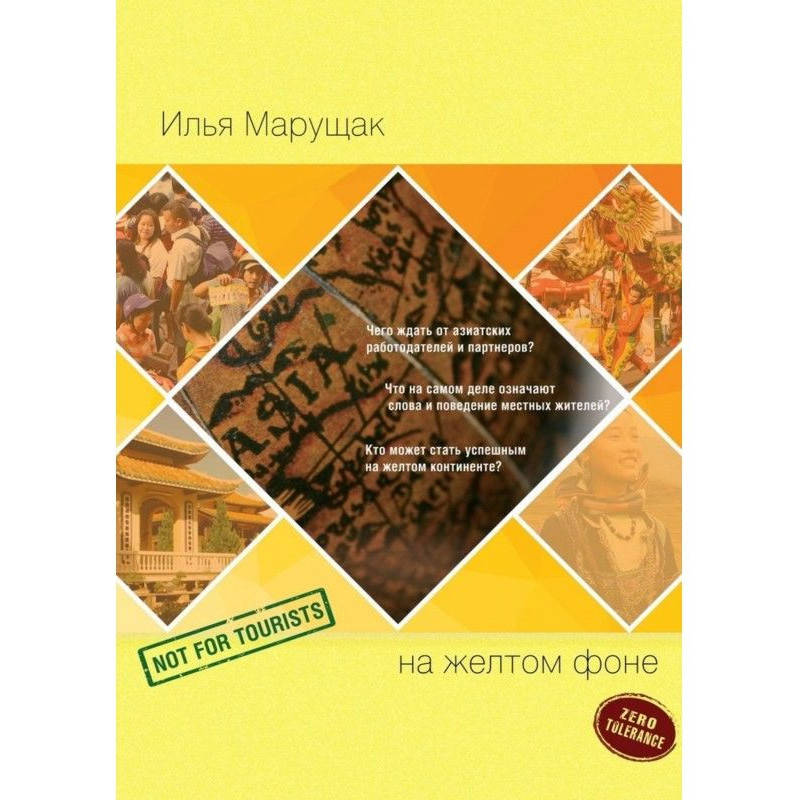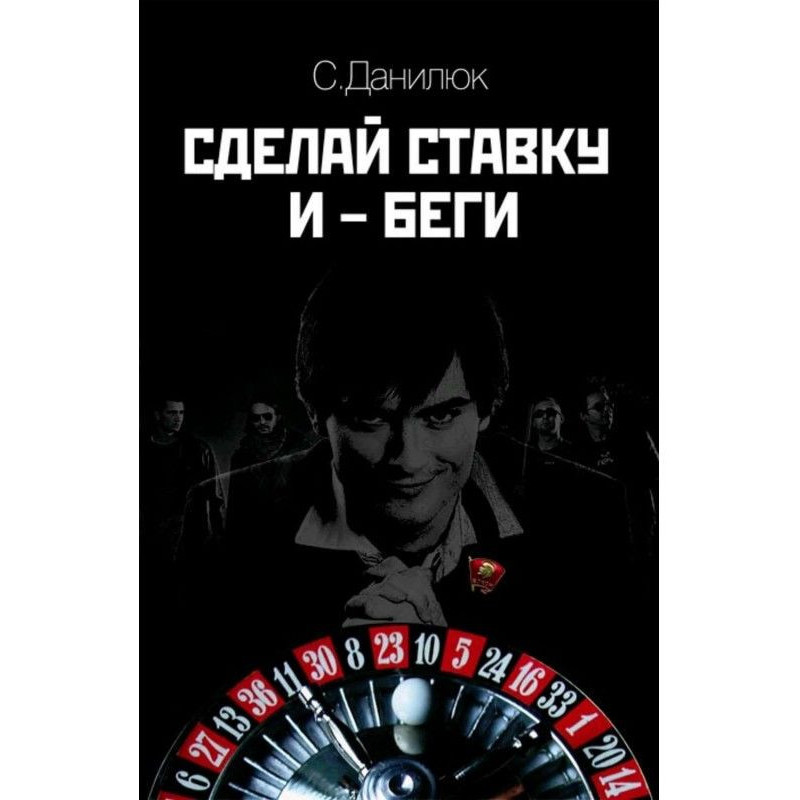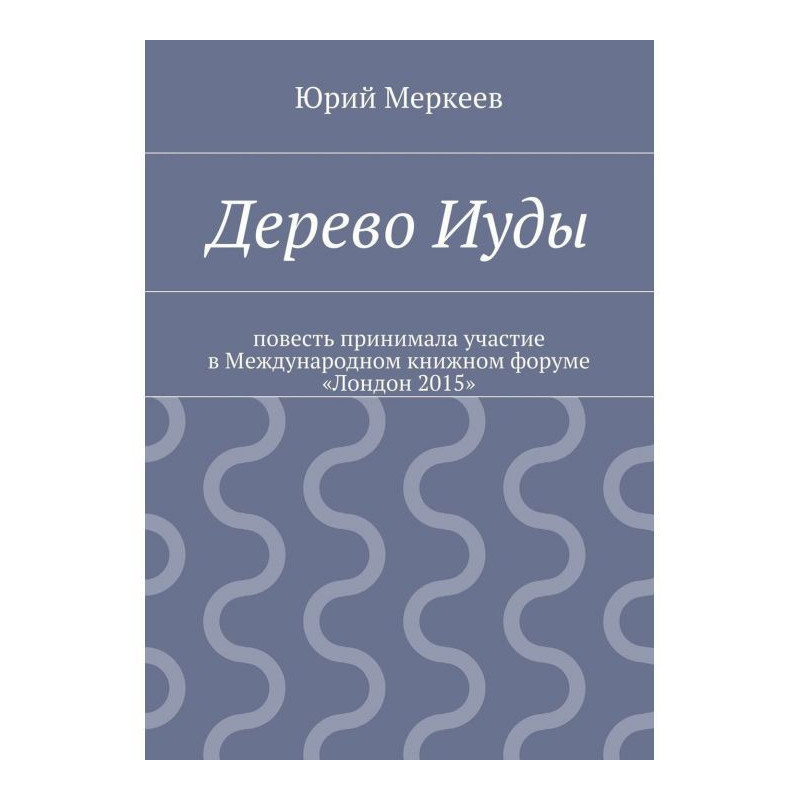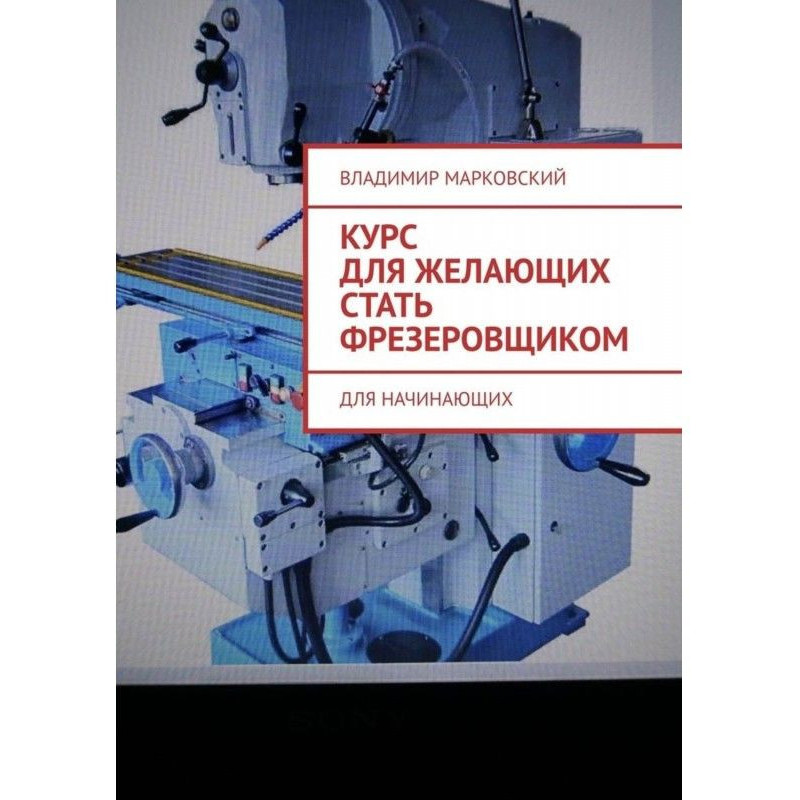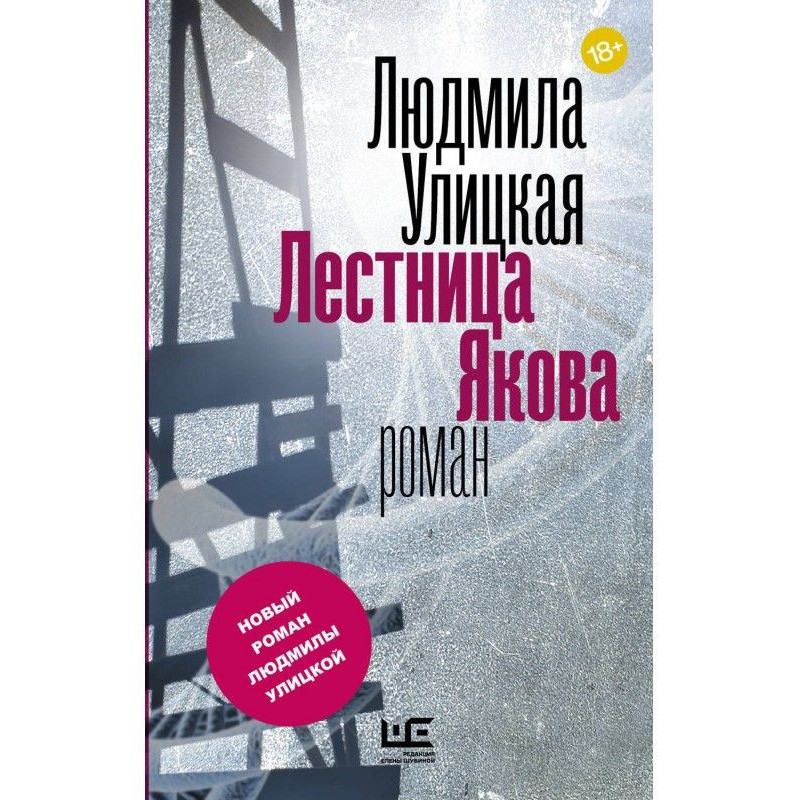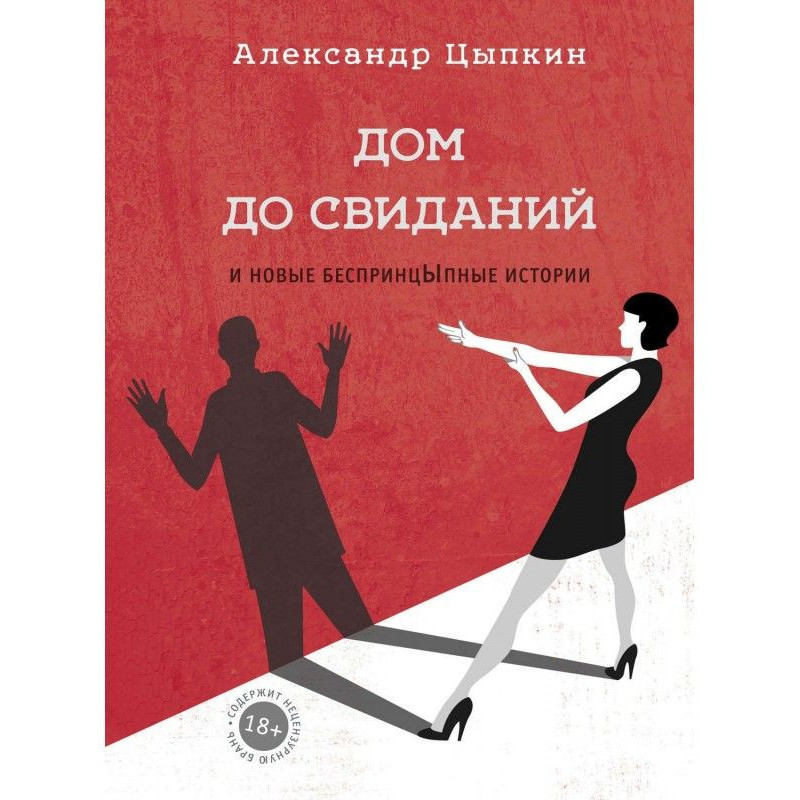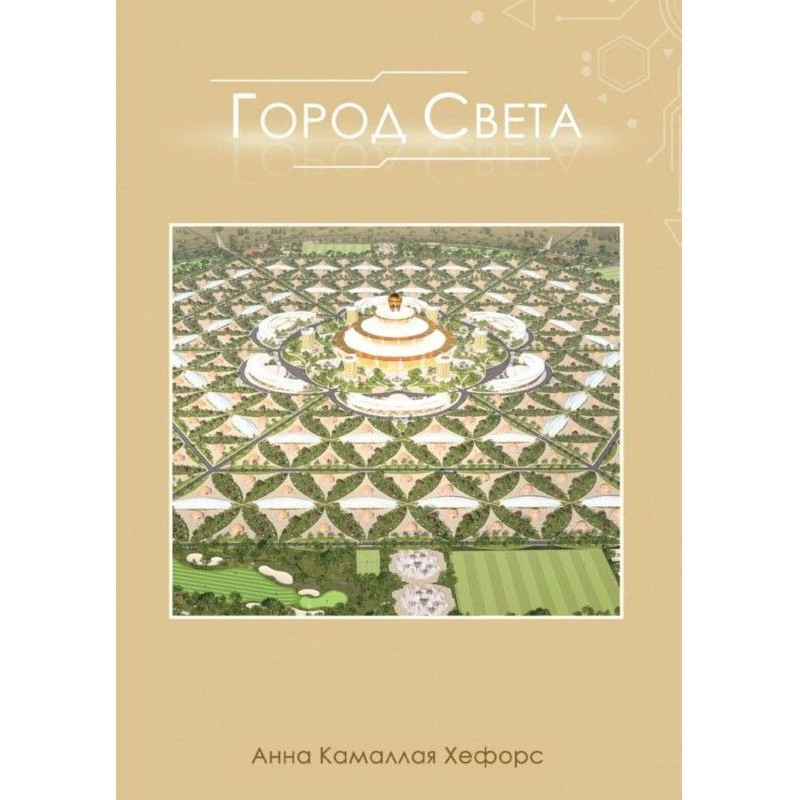Echo of Heaven
 Instant download
Instant download
after payment (24/7)
 Wide range of formats
Wide range of formats
(for all gadgets)
 Full book
Full book
(including for Apple and Android)
At the center of the novel by the greatest modern Japanese writer Kenzaburo Oe is the life story of Marie Kuraki, who faces trials that make us remember ancient tragedies. The narration is told on behalf of the writer K., behind whose image is the author himself, and the range of topics he touched upon, refers the reader to classic works of European and Russian literature that raise the most important questions of existence. (back cover) Kenzaburo Oe (b. 1935) is a writer whose name has long been known not only in Japan, but throughout the world. His skill has been recognized by a number of the highest Japanese and international awards, including the Nobel Prize for Literature (1994). The themes raised in the novel “Echoes of Heaven” are truly deep and even painful. Behind the external laconicism of the style and the author's restrained intonation there is a story full of amazement and bitterness about the life of a young beautiful woman, Marie Kuraki. Her fate is woven so intricately that the reader, following the author, freezes in sacred horror before the will of heaven, in which echoes of ancient tragedies are heard. Existential motives and the theme of sensual attraction, relationships between parents and mentally retarded children and questions of faith, the hopelessness of an incurable illness and reflections are intertwined here about sin and redemption. Numerous references to Russian and European classics include this book in the context of all world literature, and everyday human experience borders on mythology.
Data sheet
- Name of the Author
- Кэндзабуро Оэ
- Language
- Russian
- Translator
- Вера Николаевна Кобец
Reviews
Вражаюча та глибока історія про людське буття
Книга "Відлуння небес" Кендзабуро Ое - це справжній шедевр, який змушує читача замислитися над глибокими питаннями життя, смерті, гріха та спокути. Історія Маріє Куракі, розказана від імені автора, переплітається з античними трагедіями, що надає твору особливого шарму та глибини. Ое майстерно використовує лаконічний стиль, щоб передати емоції та переживання героїні, що робить її долю ще більш вражаючою. Читач відчуває священний жах перед невідомістю, що нависає над життям Маріє, і це викликає глибокі роздуми про волю небес та людську природу. Книга також багата на посилання на класичну літературу, що розширює її контекст і робить її ще більш цінною для тих, хто цінує літературні традиції. Це не просто роман, а справжня філософська подорож, яка залишає слід у серці і розумі читача. Рекомендую всім, хто шукає глибокі та змістовні твори!

